Despite the existing numerous range of chemicals in the fight against harmful insects, many people prefer folk remedies. Ammonia, when used correctly, has proven itself in the destruction of both household and garden pests.
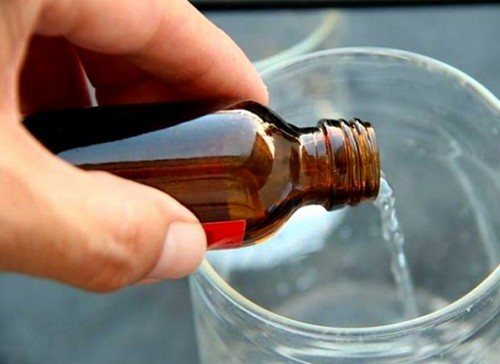
The effect of the drug in exterminating parasites
Ammonia is an aqueous solution of ammonium hydrate, consisting of volatile compounds of nitrogen and inorganic hydrogen (ammonia), which also has a pungent odor that repels insects.
In an individual exposed to ammonia vapor, the respiratory system is paralyzed and the insect dies. Having a sensitive sense of smell, parasites sense its presence for a long period of time and do not visit the treatment area.
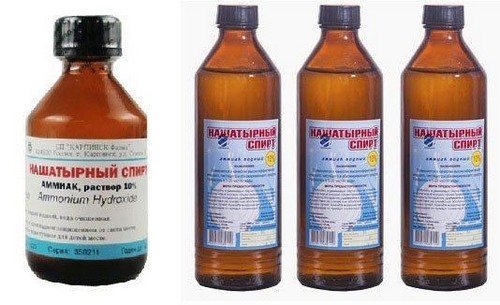
Security measures
Although low doses of ammonia are used when removing insects, it is still necessary to be careful when using the product and use personal protective equipment, since:
- ammonia vapors have an irritating effect on the mucous membranes of the human respiratory tract and eyes;
- contact of the concentrated drug with the skin and mucous membranes causes tissue burns;
- prolonged inhalation of vapors causes erythema of the mucous membranes of the throat and bronchi.
Under no circumstances should the concentrated solution enter the body. This will cause severe burns to the gastrointestinal tract.
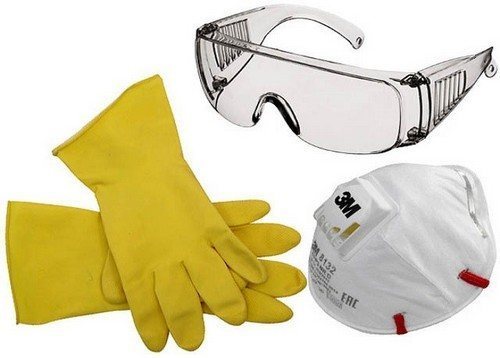
When and how to prepare the remedy
Mix the ingredients of the mixture immediately before treatment, because ammonia, which has an effect on the parasite, is volatile. Its smell quickly disappears.
First, all the components of the mixture are added to a container with cool water, mixed, and only then ammonia is added. The solution is poured into a spray bottle, watering can, or used directly from the bucket.
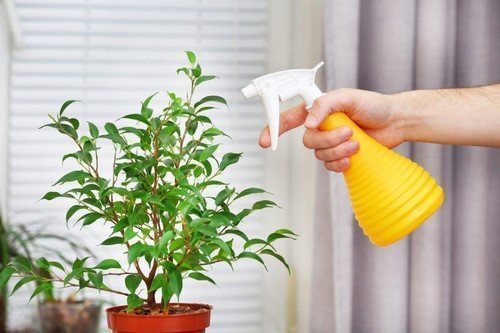
How to use the drug
To exterminate insect pests (at home and on the property), an aqueous solution of 10% ammonia is used, which can be purchased at any pharmacy or garden store. For each harmful individual, individual concentration is effective.
Ants, cockroaches, fruit flies, fungus gnats in the apartment
An ammonia solution in the following proportion: 100 ml of ammonia per bucket of water will help you smoke annoying “neighbors” out of your house. It is enough to wash the floors and wipe the kitchen cabinets with this composition once a week to discourage insects from smelling.
The specific smell becomes intangible to a person after 15 - 20 minutes, and the unceremonious “tenants” will leave the room forever.
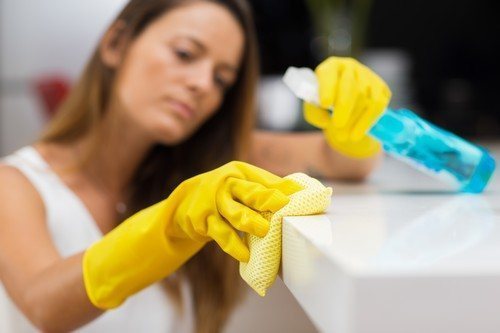
An aqueous solution of ammonia will also help with the appearance of fruit flies and the like that settle in indoor flowers. The prepared solution will help you get rid of it:
- 25 ml of ammonia;
- 20 g laundry soap;
- 1 liter of water.
Spraying the green mass with this mixture and watering the soil around the flower will not only repel and destroy insects, but will also enrich the plant with nitrogen.
Ammonia against midges and mosquitoes on a picnic
Many people are familiar with the situation when you are going to relax in nature on a warm summer evening, but annoying mosquitoes and midges haunt you. And here ammonia comes to the rescue.It is enough to spray drops of undiluted product on the grass - this will repel midges for a long time.

From garden pests
There is no worse disaster for a gardener than an invasion of aphids and similar sucking parasites. These small monsters can spread throughout the entire garden in a matter of days. They destroy leaves, young shoots and flower ovaries by sucking out cell sap, simultaneously transmitting viruses and fungal spores. Without taking timely measures, gardeners risk being left without a harvest.
Ammonia is harmless to plants, unlike effective chemicals. The ammonia solution not only effectively kills the suckers, but also serves as a nitrogen supplement. It can be used repeatedly, at any growing season, until the individuals are completely destroyed, without fear of a ruined garden or a poisoned harvest.
Whereas insecticides are used a maximum of 3 times per season and with a long break. Which is clearly not enough when aphids multiply at lightning speed.
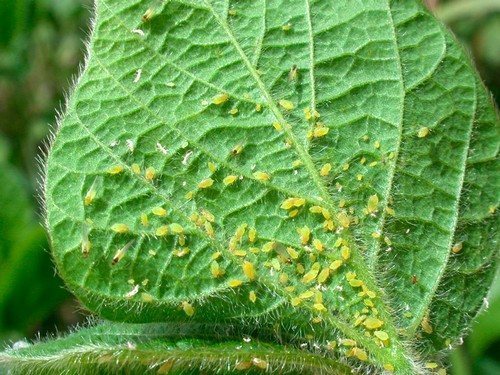
Recipe for preparing the solution:
Ingredients:
- Water – 10 l.
- Ammonia – 50 ml.
Combine the components, mix and immediately treat the infected areas of the garden.
Treatment of ant nests on the site
The carriers of aphids and their accomplices in reproduction are ants. It is necessary to carry out parallel treatment of anthills and nests of sucking insects. Otherwise, you may not expect any effect, because the “honey dew” secreted by aphids is the ant’s best delicacy. Not wanting to be deprived of food, they protect their benefactors, drag aphids onto fresh plants, and in the fall they hide them in their nests in order to bring them to freedom in the spring.
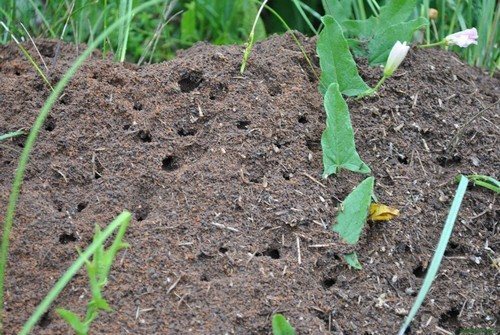
In addition, ants, partial to sweets, threaten the berry harvest, spoil nectar-producing plants, and infect them with diseases.
How to treat ant nests to ensure that the individuals on the site are destroyed? Boiling water and ammonia are an “explosive mixture” that can cause significant damage to the ant population. For this:
- boil water in a bucket;
- pour 25 ml of ammonia into boiling water;
- stir up the anthill in the center;
- pour the solution into the hole.
Cover the top with thick material or polyethylene to preserve the smell of ammonia longer. This should be done with all ant nests on the site.
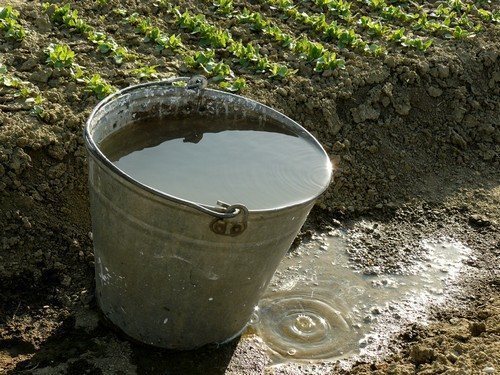
From garden pests
Ammonia water will be a good help for gardeners in growing vegetables. They are afraid of the strong smell of ammonia:
- carrot and onion flies, just water the plantings with a solution of 10 liters of water and 1 tbsp. l. ammonia;
- wireworm – nightshade storm, 20 ml per 1 l;
- mole cricket - threat to seedlings, 10 ml of alcohol per bucket of water, pour directly into the hole before planting;
- secretive proboscis - attacks onion plantings, at the beginning of the season, water the ridges with a solution of 25 ml per bucket, repeat after 2 weeks.
After watering the ridges, it is necessary to loosen the soil so that the smell penetrates inside.
Ammonia should always be on hand. This is an excellent alternative to insecticides and provides additional nitrogen nutrition to plants.


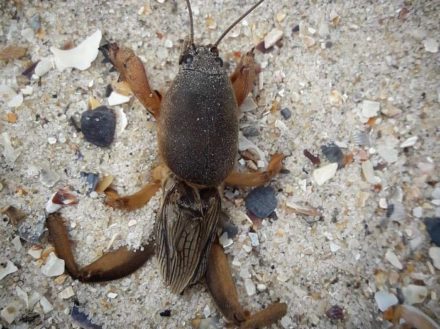
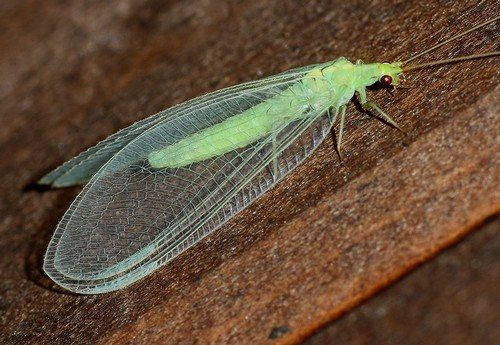
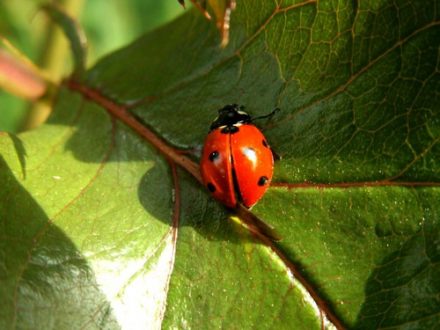
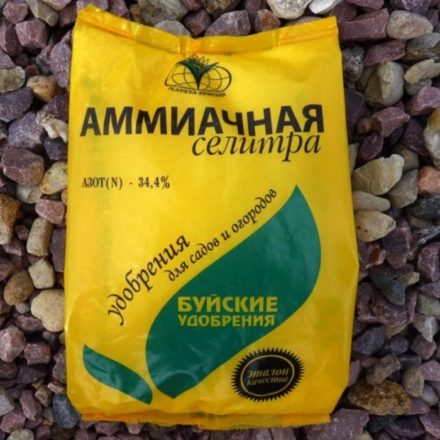

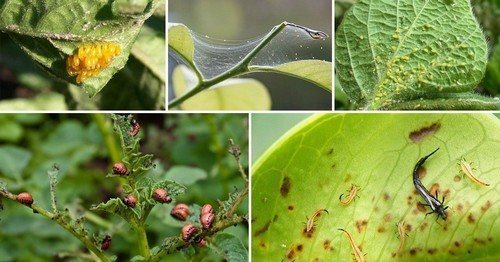
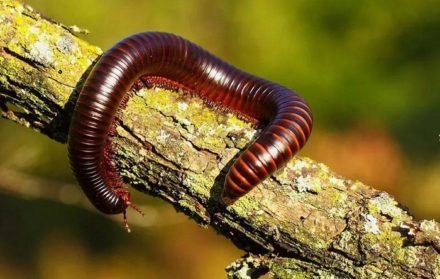
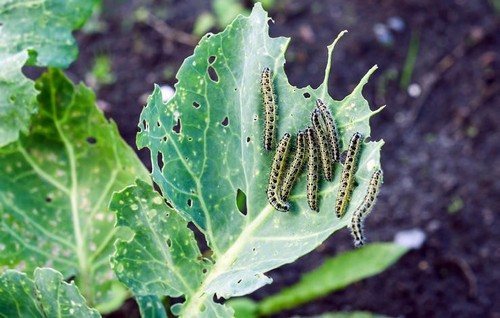
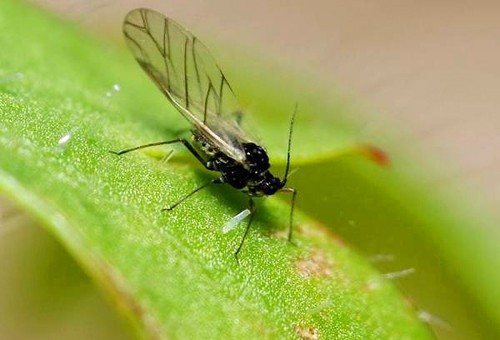
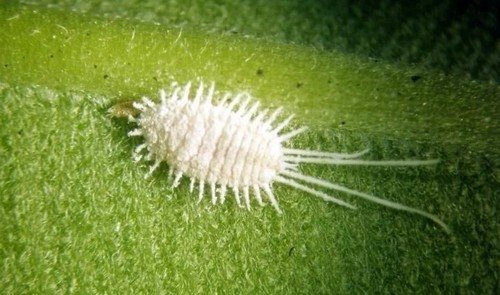
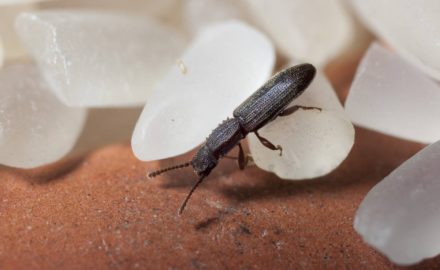
Better tell me how to deal with tomato moth. This creature doesn't take anything. We spray the bushes and the poison disappears in 5 days. Although the effect of the drug is up to 3 weeks. What to do????????
We got bed bugs. What to do??? How to get rid of it yourself